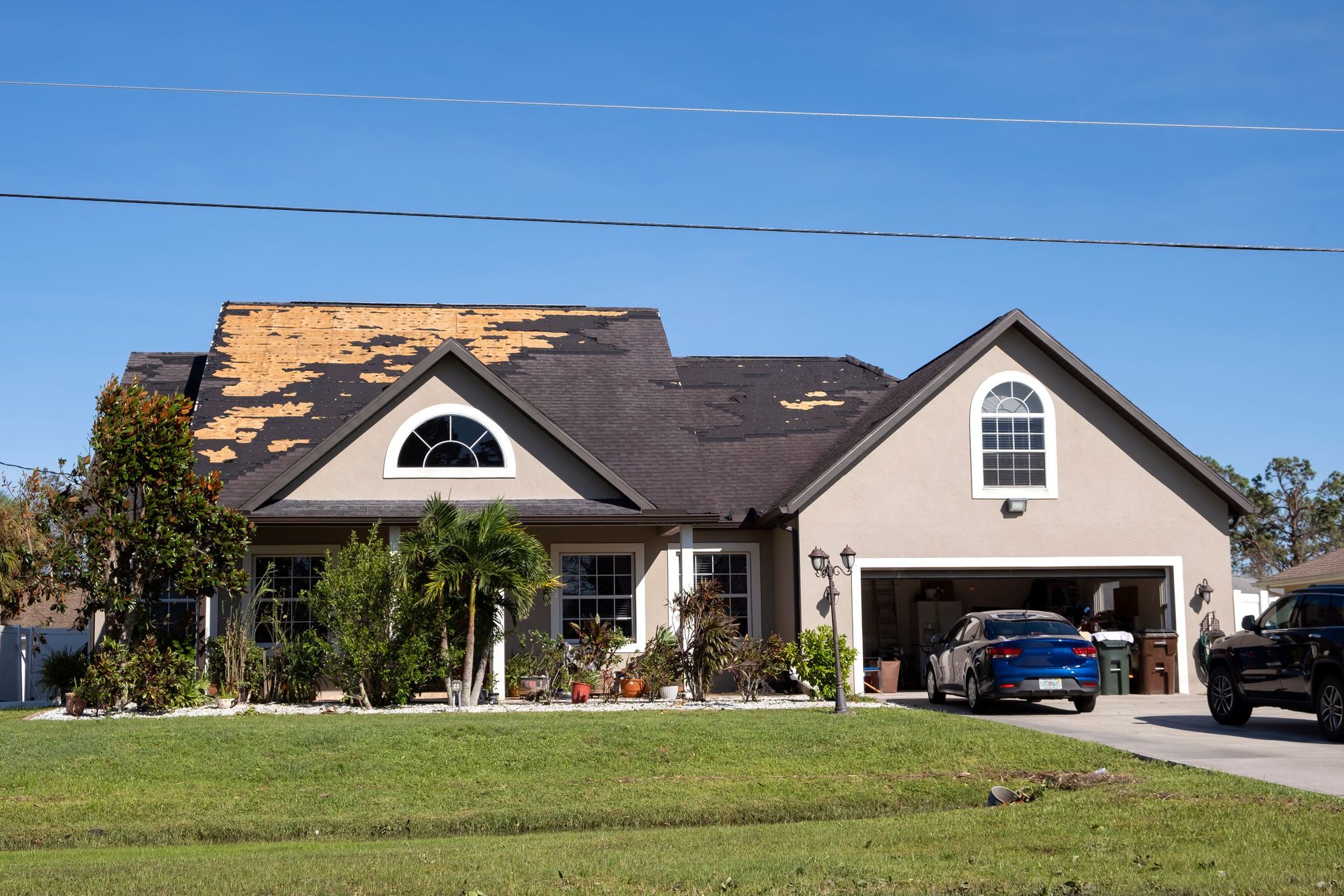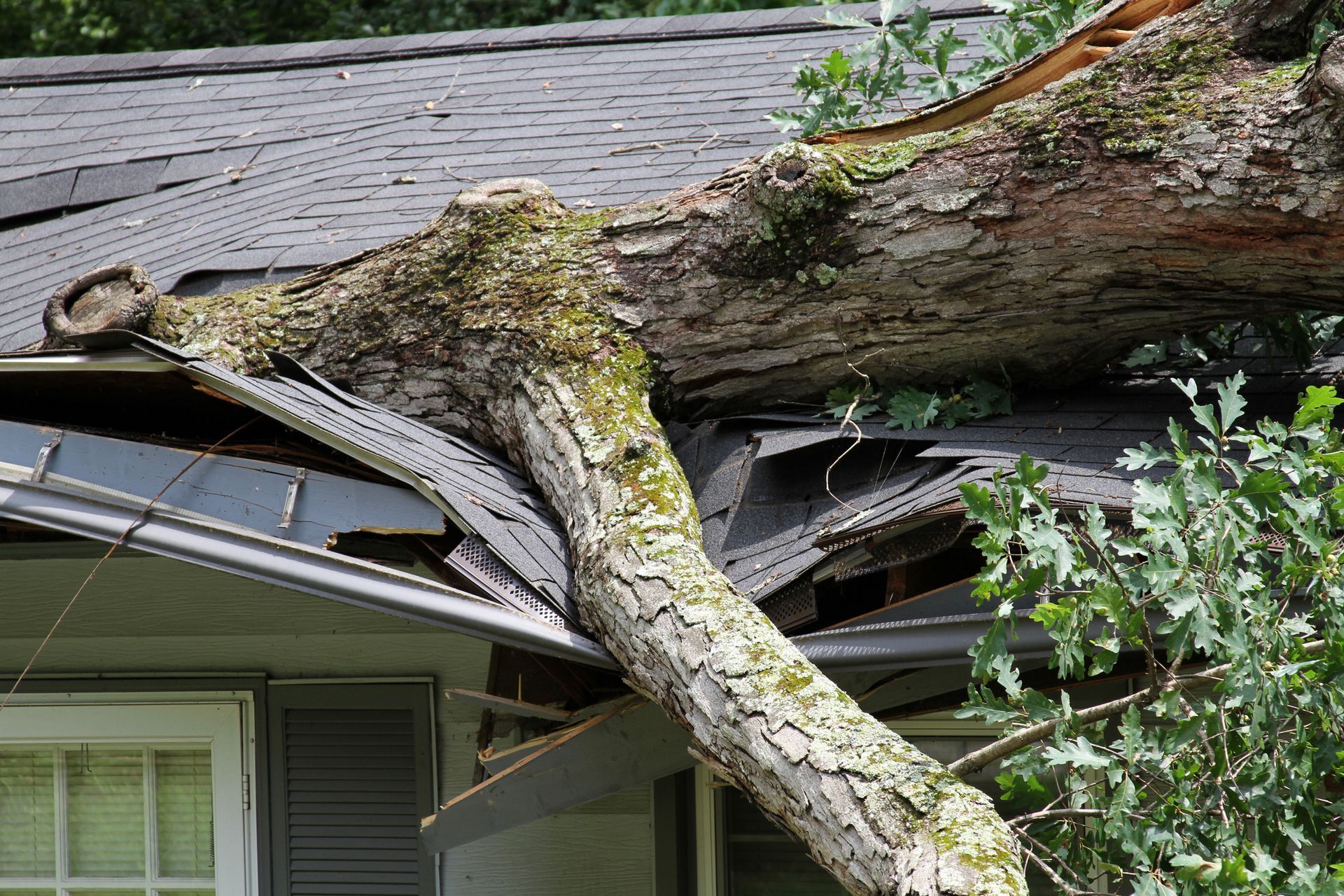Top Tips for Residential Storm Damage Restoration
Experiencing a storm can be a homeowner's worst nightmare. From damaged roofs to flooded basements, the aftermath of a storm can be overwhelming. This guide will provide top tips for residential storm damage restoration in Lansing, MI, helping you return your home to its original state as quickly and efficiently as possible.
Assess the Damage
The first step in any residential storm damage restoration is to thoroughly assess the damage. This process involves:
- Inspecting the Exterior: Examine the roof, siding, windows, and doors for visible damage. Look for missing shingles, broken windows, or dented siding.
- Checking for Structural Issues: Assess the foundation, walls, and internal structures. Any signs of cracks or compromised structures should be addressed immediately.
- Documenting Everything: Take ample photographs and videos of all damage. This documentation is crucial for insurance claims and future restoration work.
Prioritize Safety
Your safety is paramount. Before you begin any restoration work, take these safety precautions:
- Turn Off Utilities: Shut off the main power, water, and gas lines to prevent any hazards.
- Avoid Floodwaters: Flooded areas can be contaminated with bacteria and chemicals. Wear protective gear if you must enter these zones.
- Be Cautious of Debris: Wear sturdy gloves and boots to protect yourself from sharp or protruding objects.
Get Professional Help
For comprehensive residential storm damage, enlist the services of a professional restoration company. They offer expertise in:
- Water Damage Restoration: Ensuring all water-damaged areas are thoroughly dried and treated to prevent mold growth.
- Structural Repairs: Addressing any foundational or structural damage to ensure the integrity of your home.
- Debris Removal: Clearing out any storm-related debris to make the area safe for habitation.
Insurance Claims
Handling insurance claims can be part of your residential storm damage restoration journey. Follow these steps:
- Contact Your Insurer: Inform your insurance company as soon as possible after the storm.
- Provide Documentation: Submit the photos and videos you took during your initial assessment.
- Keep Receipts: Save all receipts for temporary repairs, lodging, and other related expenses for reimbursement.
Expert Help is Just a Call Away
In conclusion, addressing residential storm damage requires quick action, the right safety measures, and expert help. If your home has been affected by a storm, don't hesitate to reach out to Sunrise Cleaning & Construction. Our experienced team is ready to assist you with all your restoration needs. Contact us today for a prompt and professional response.







